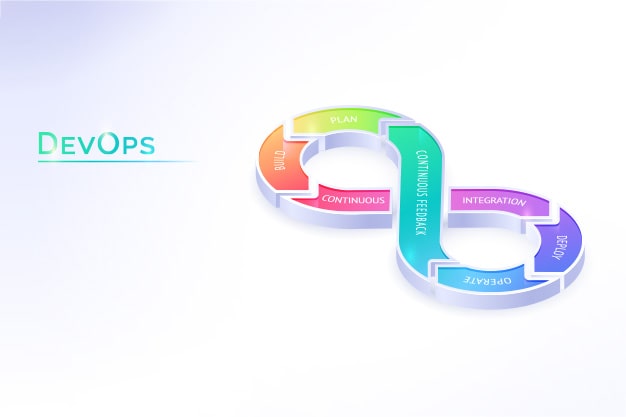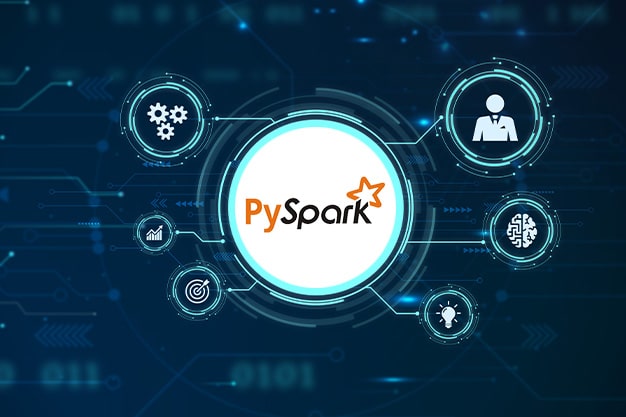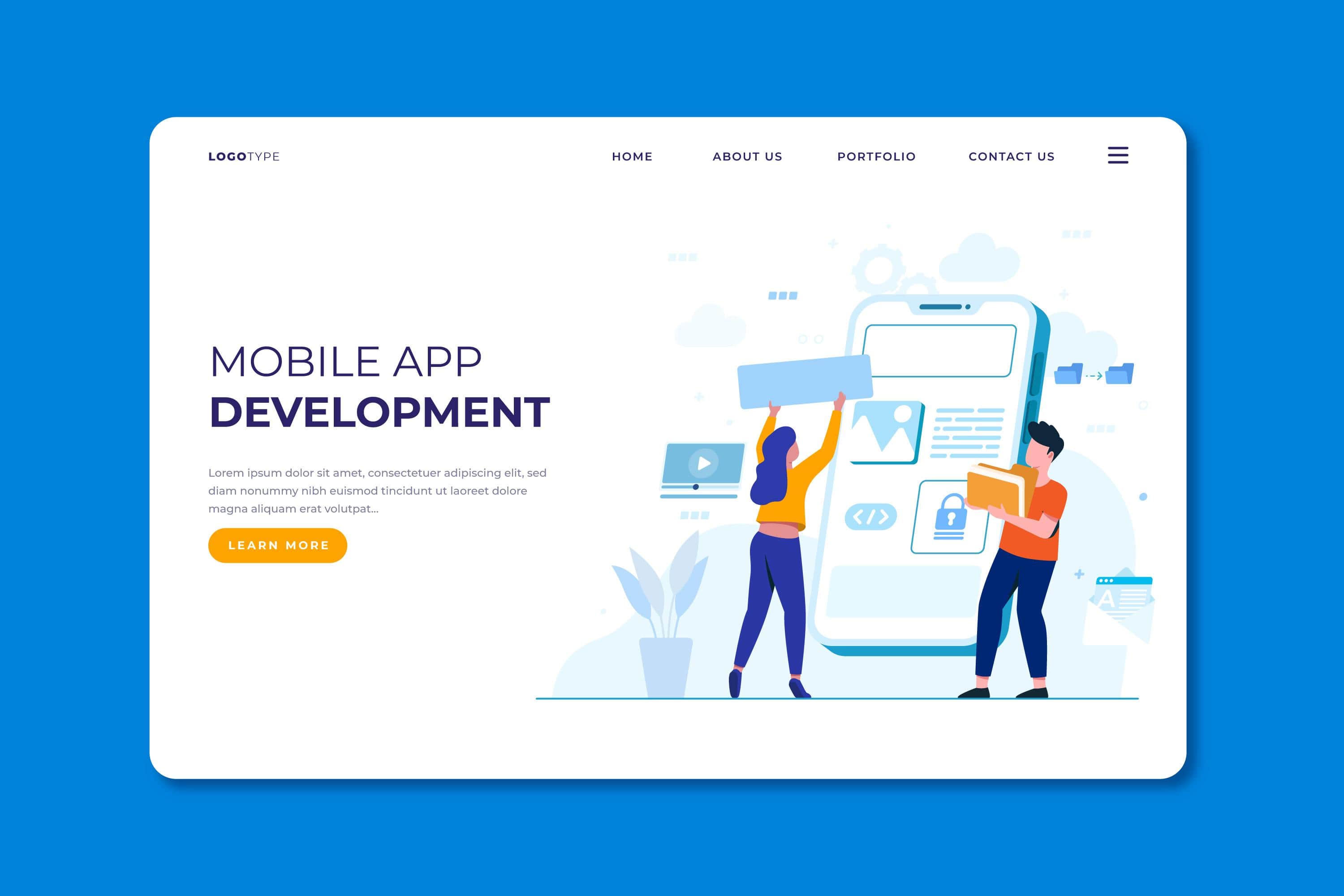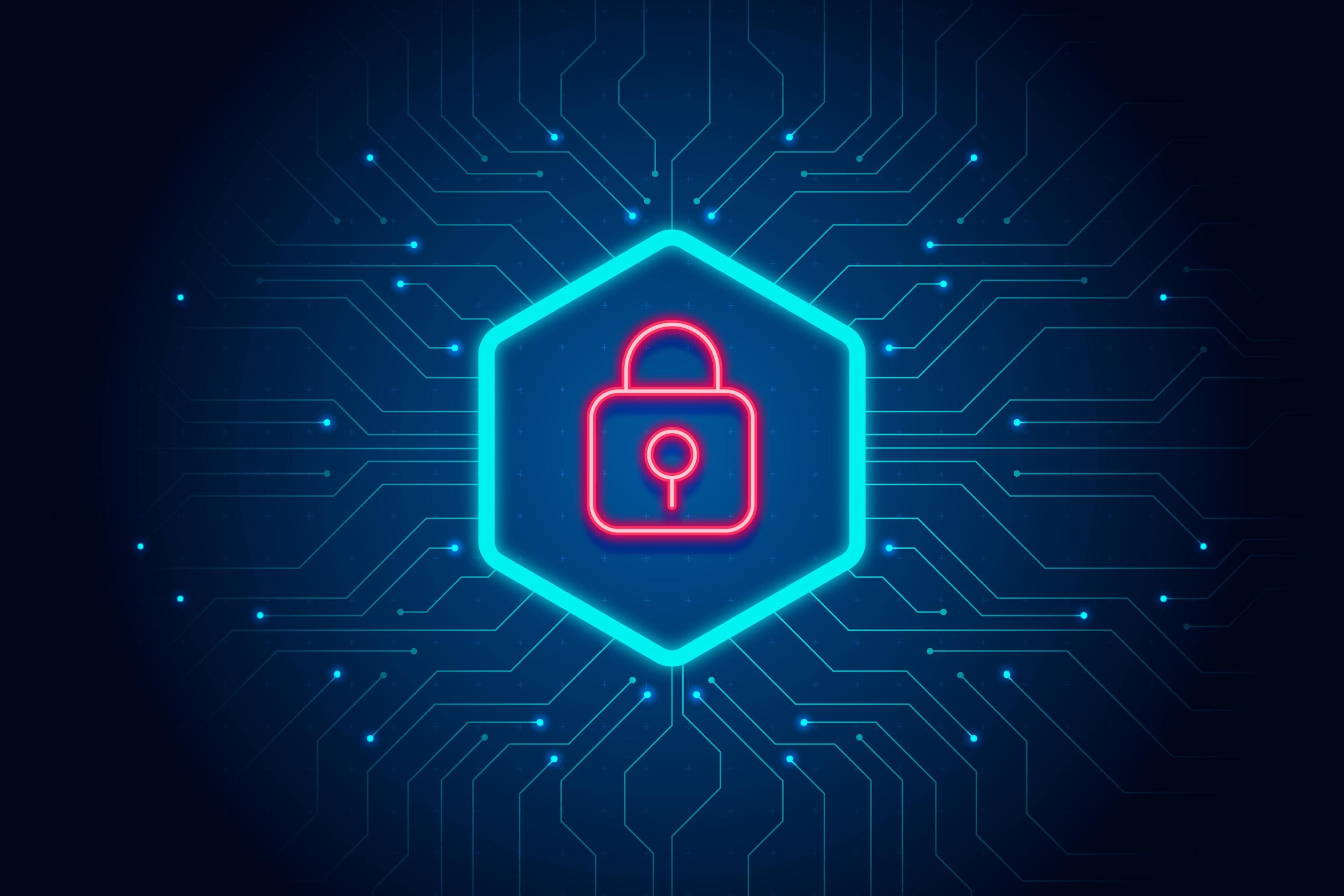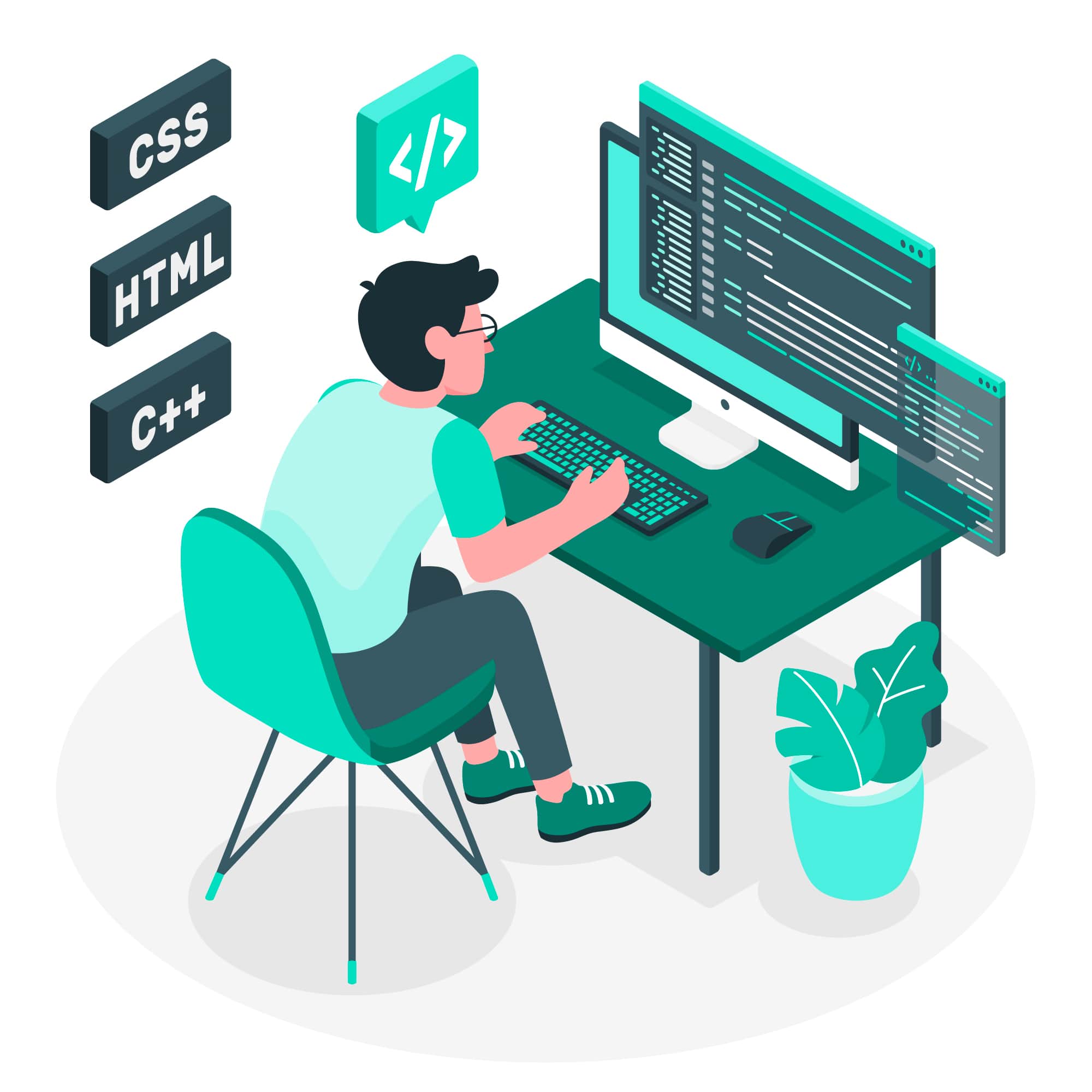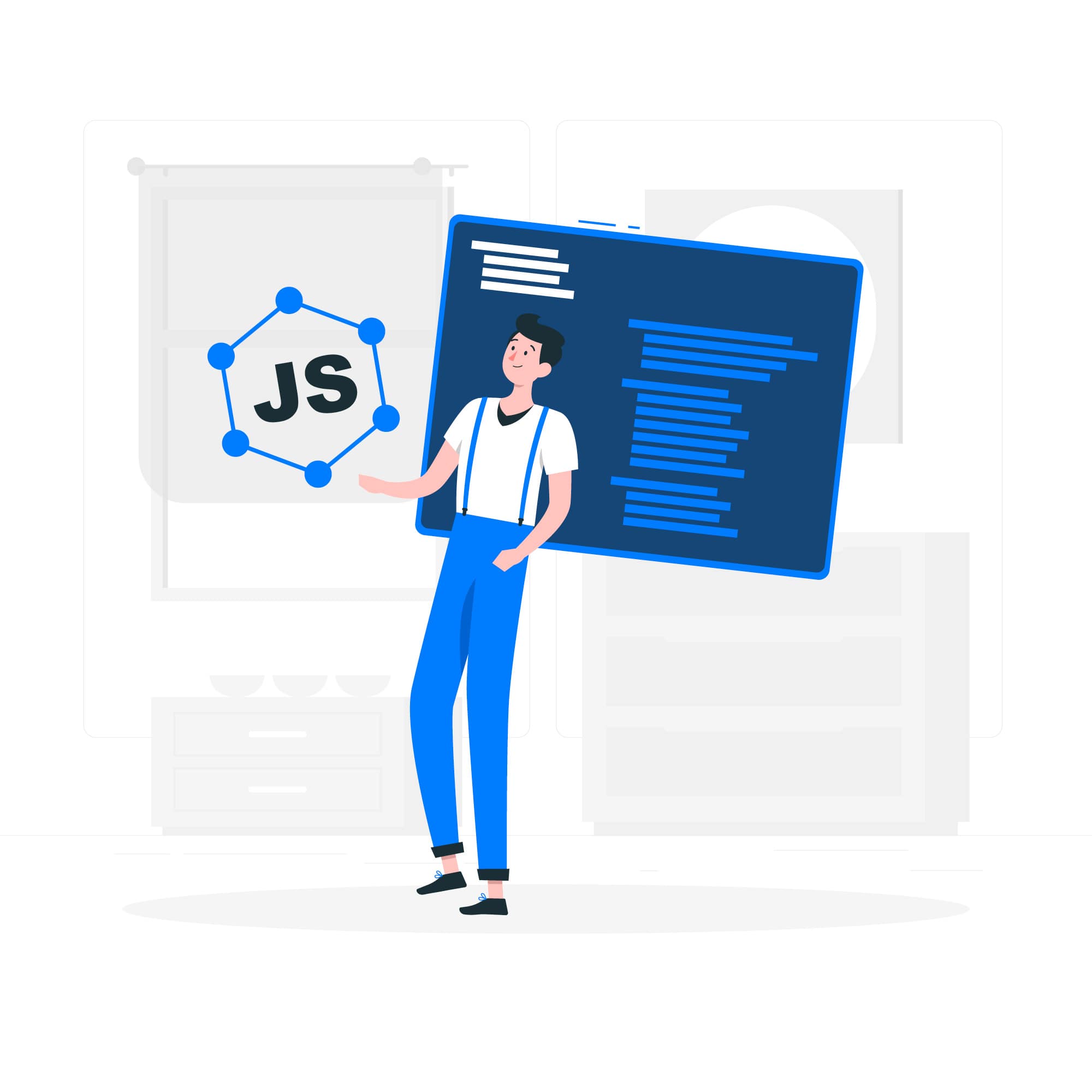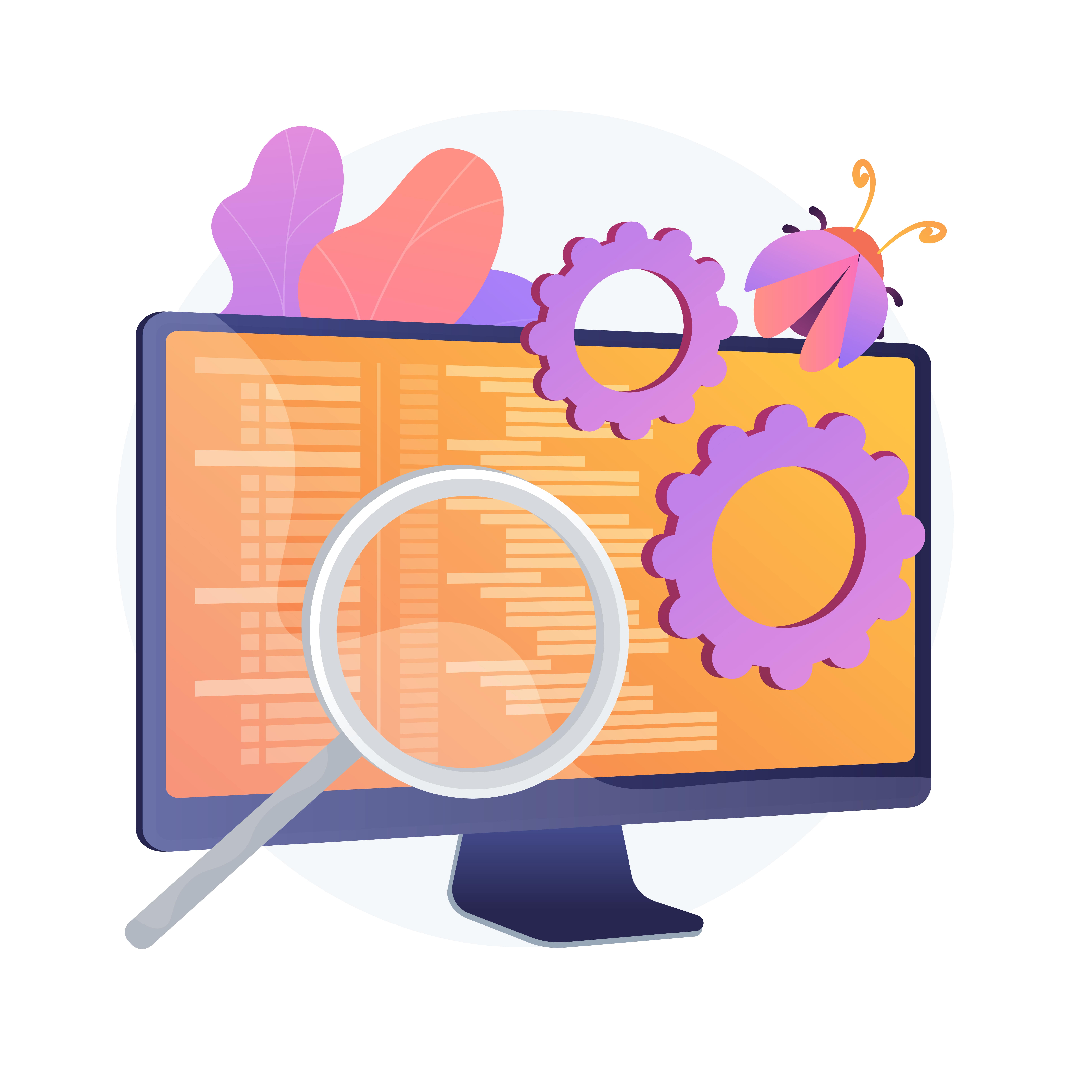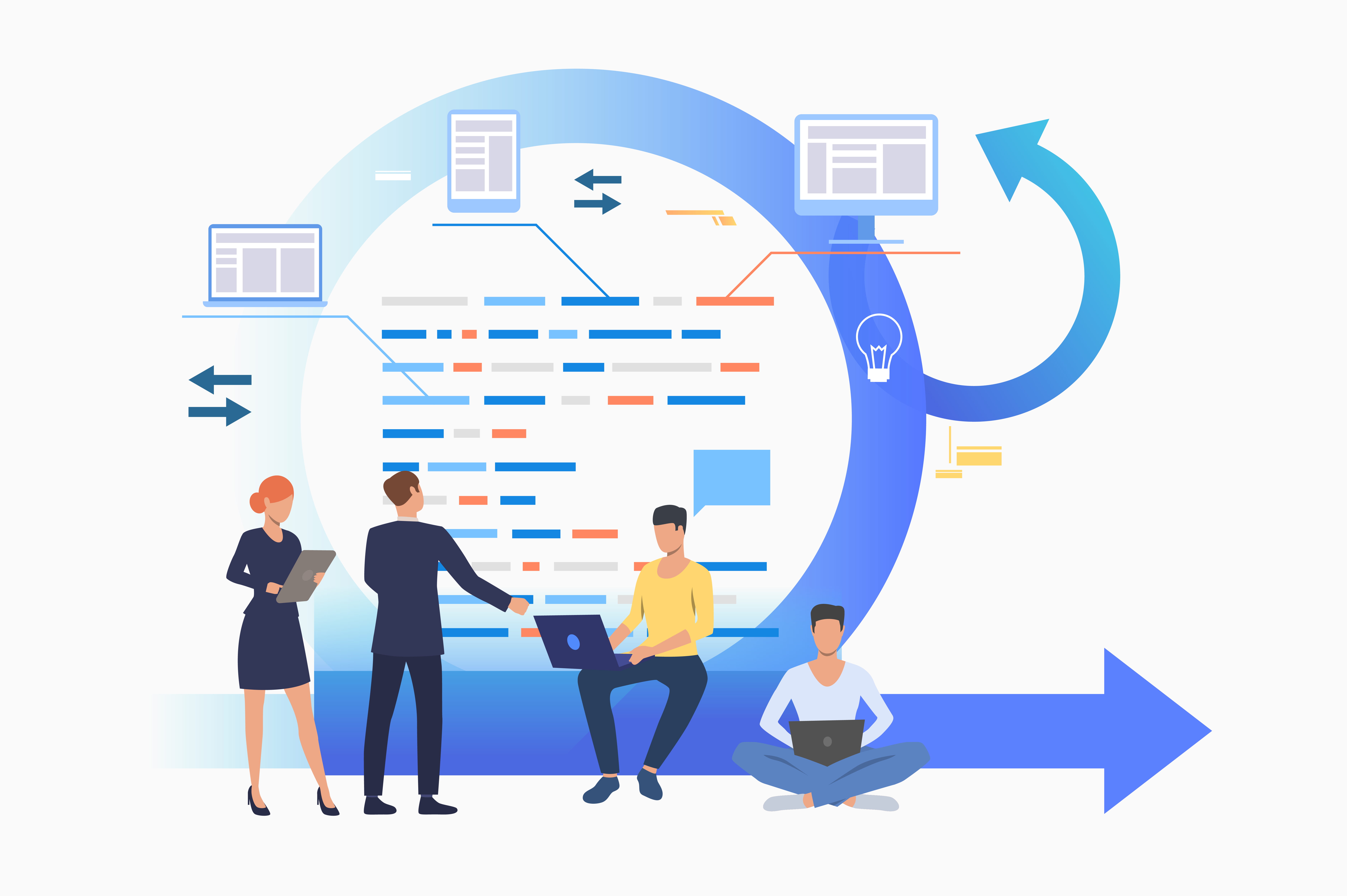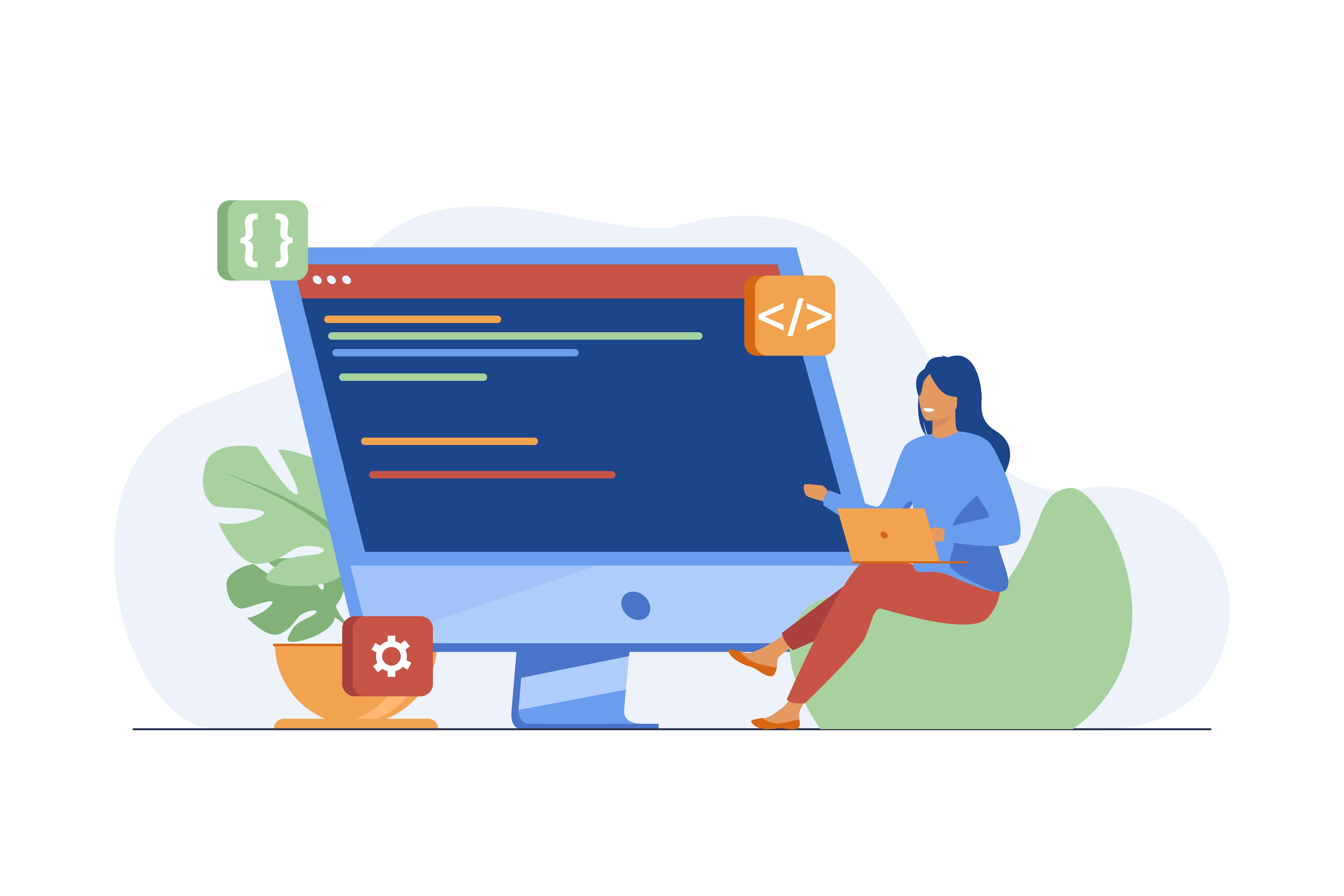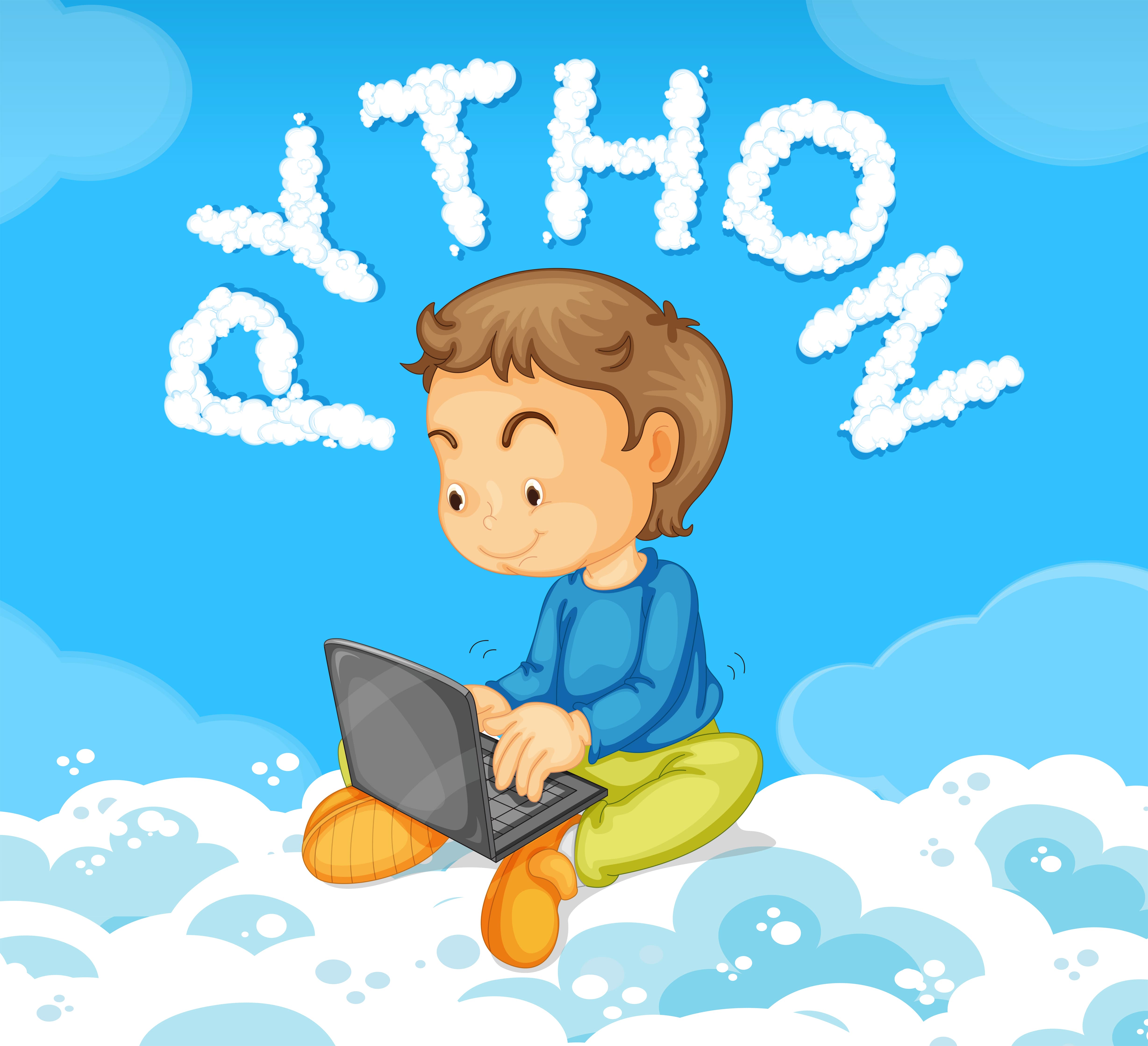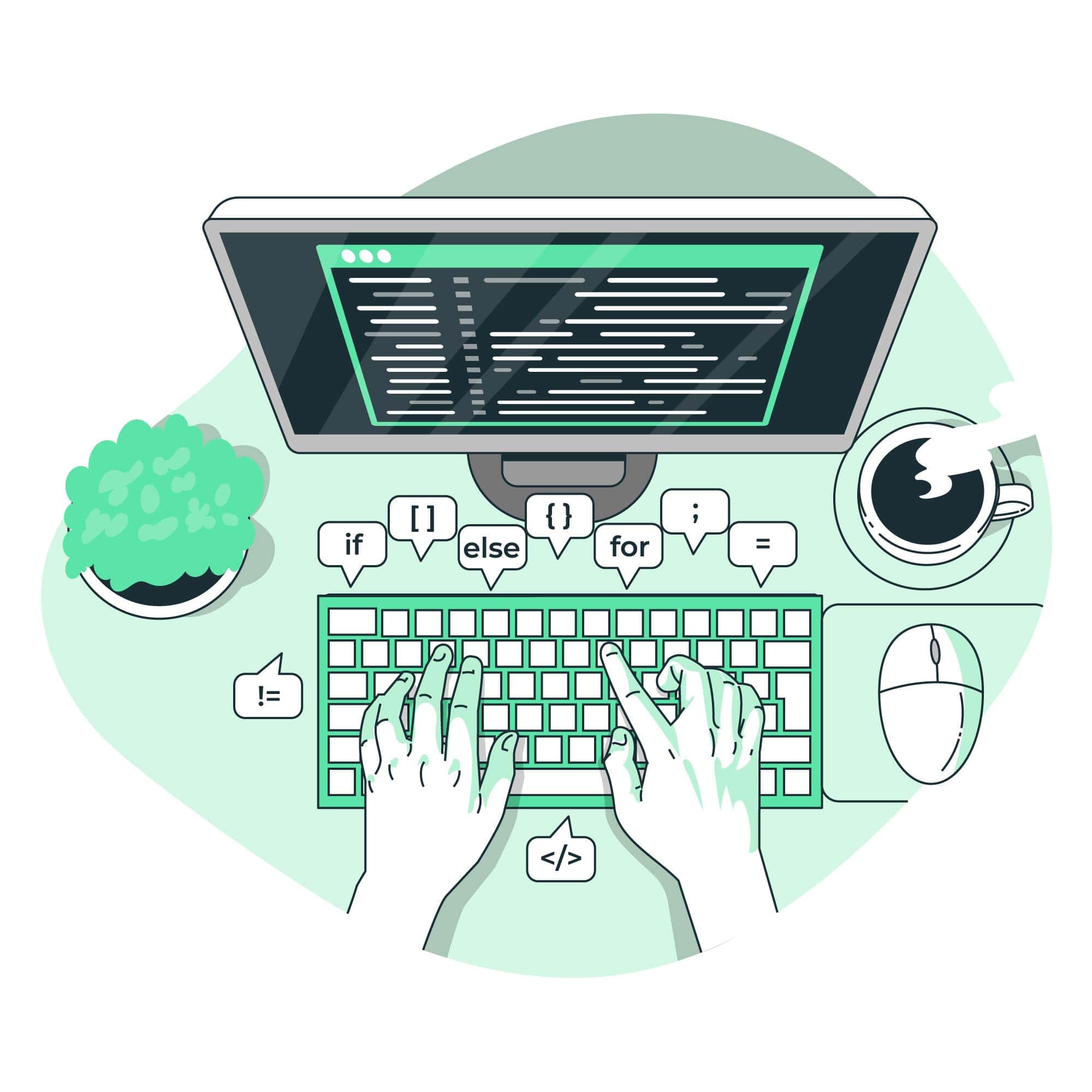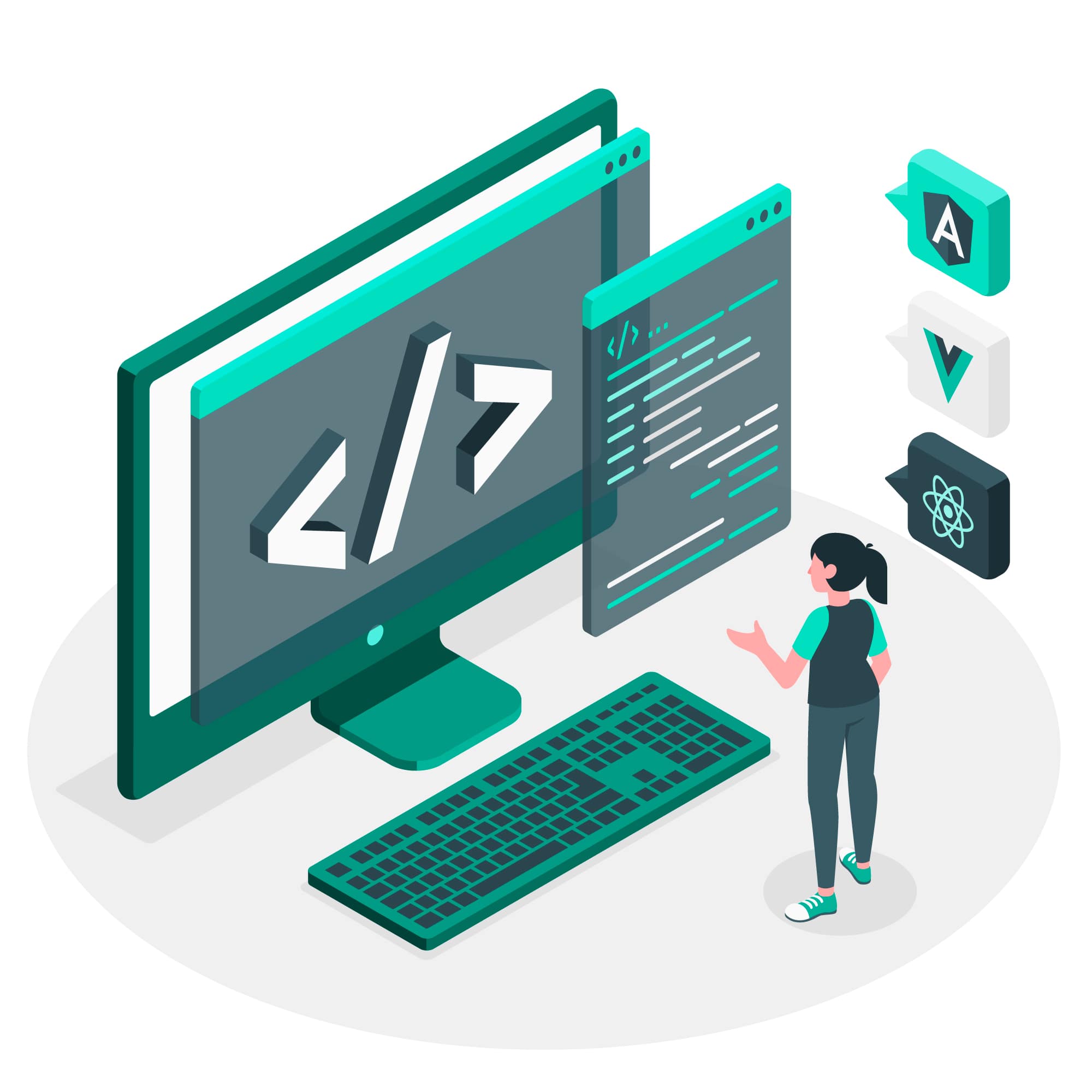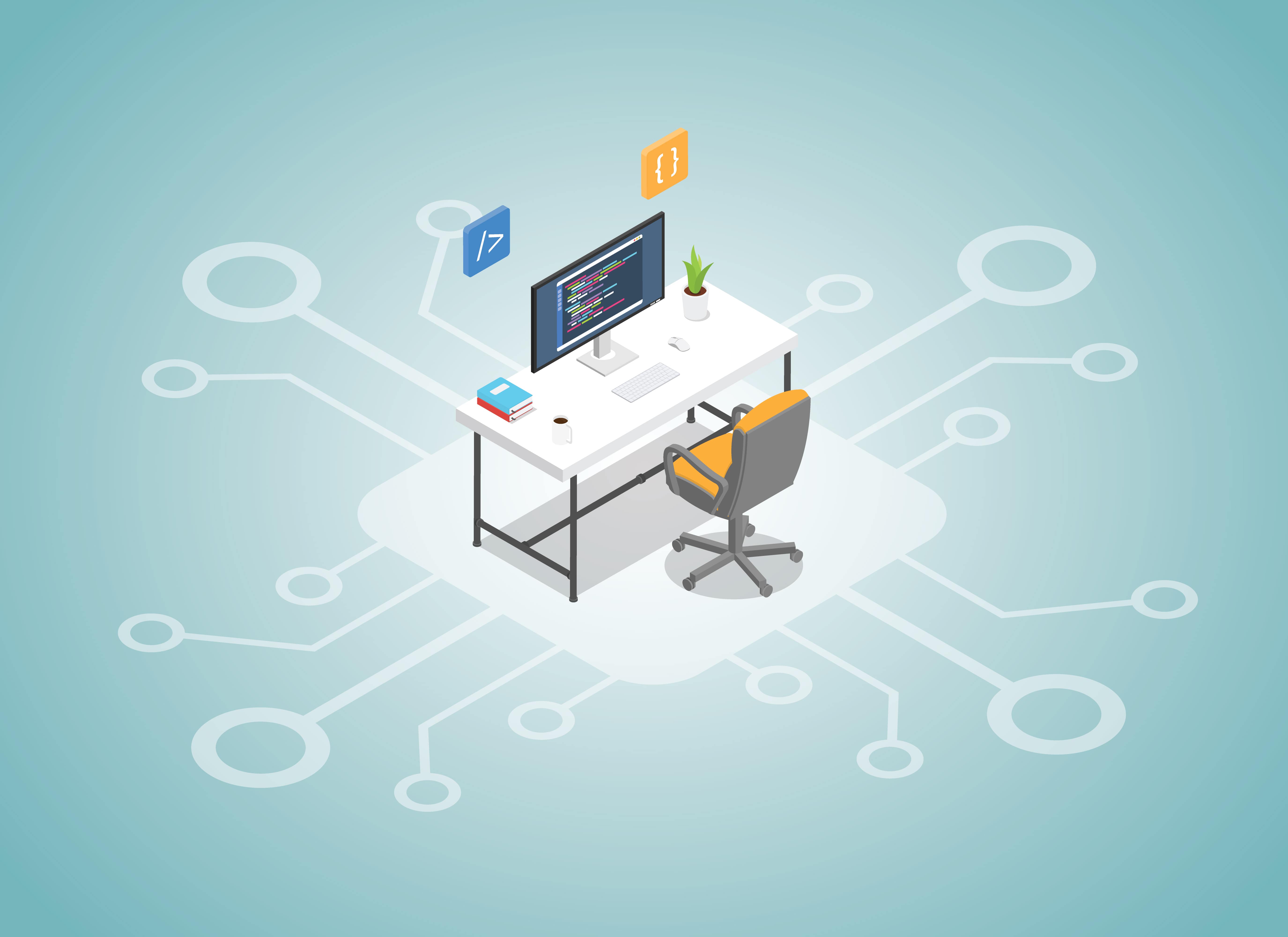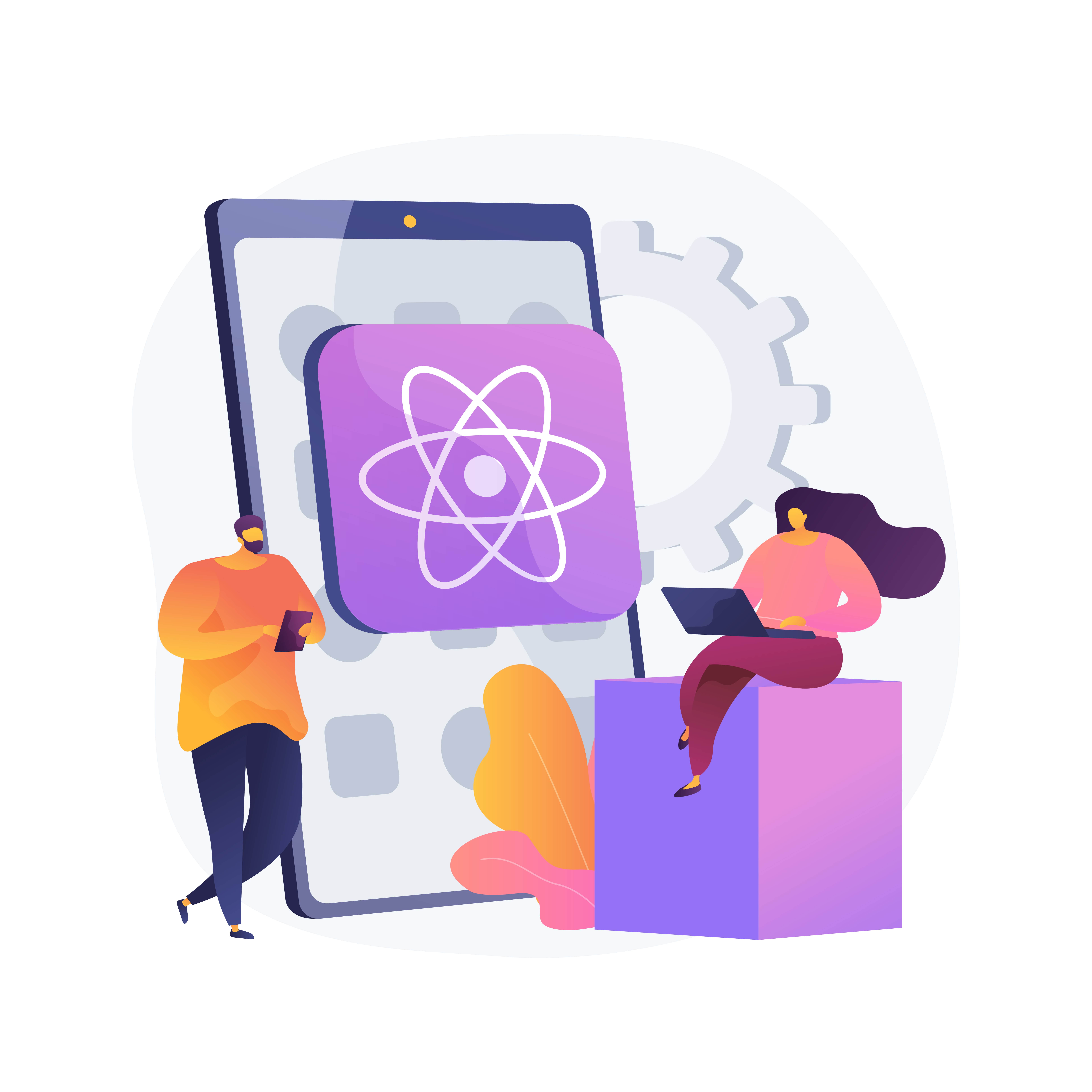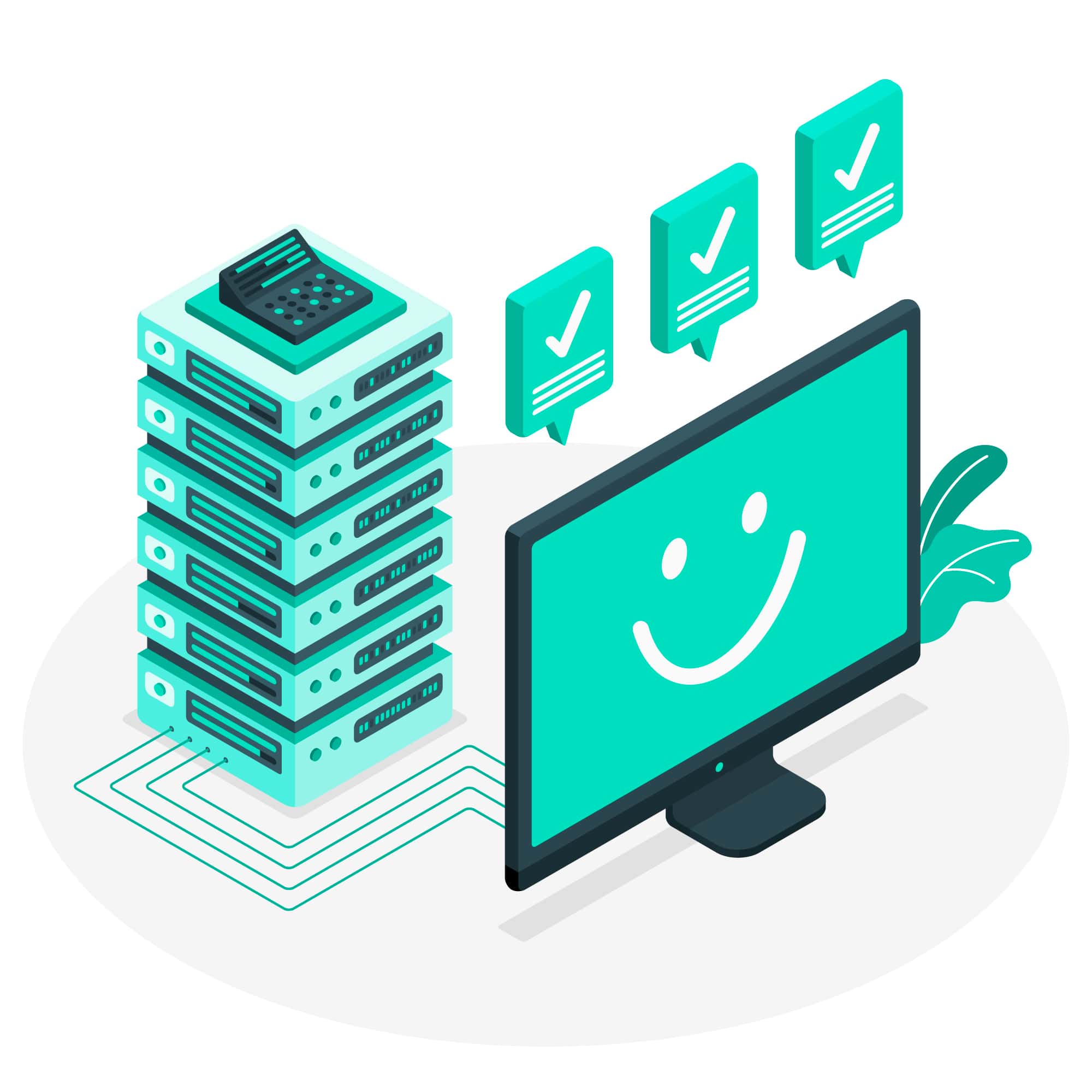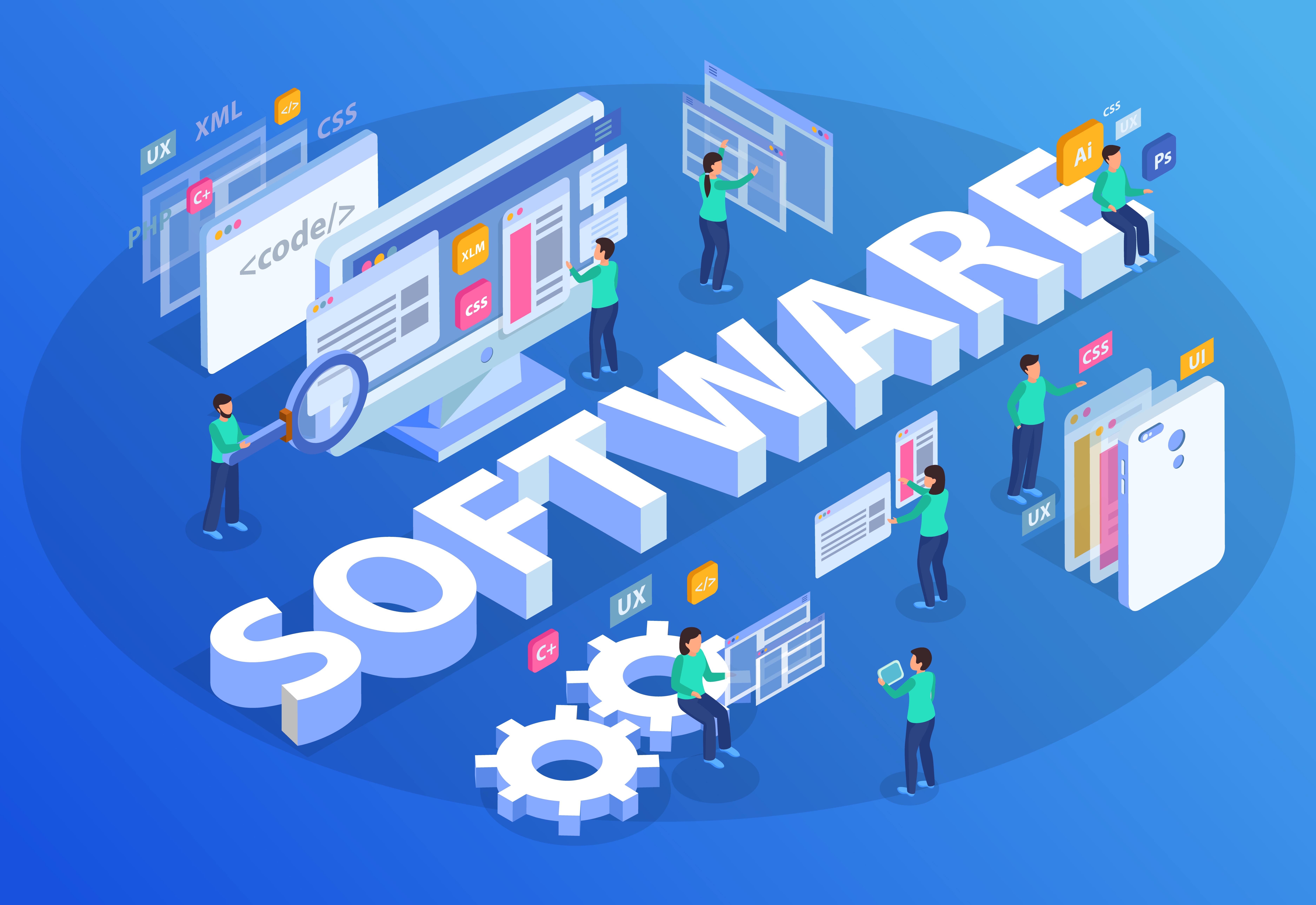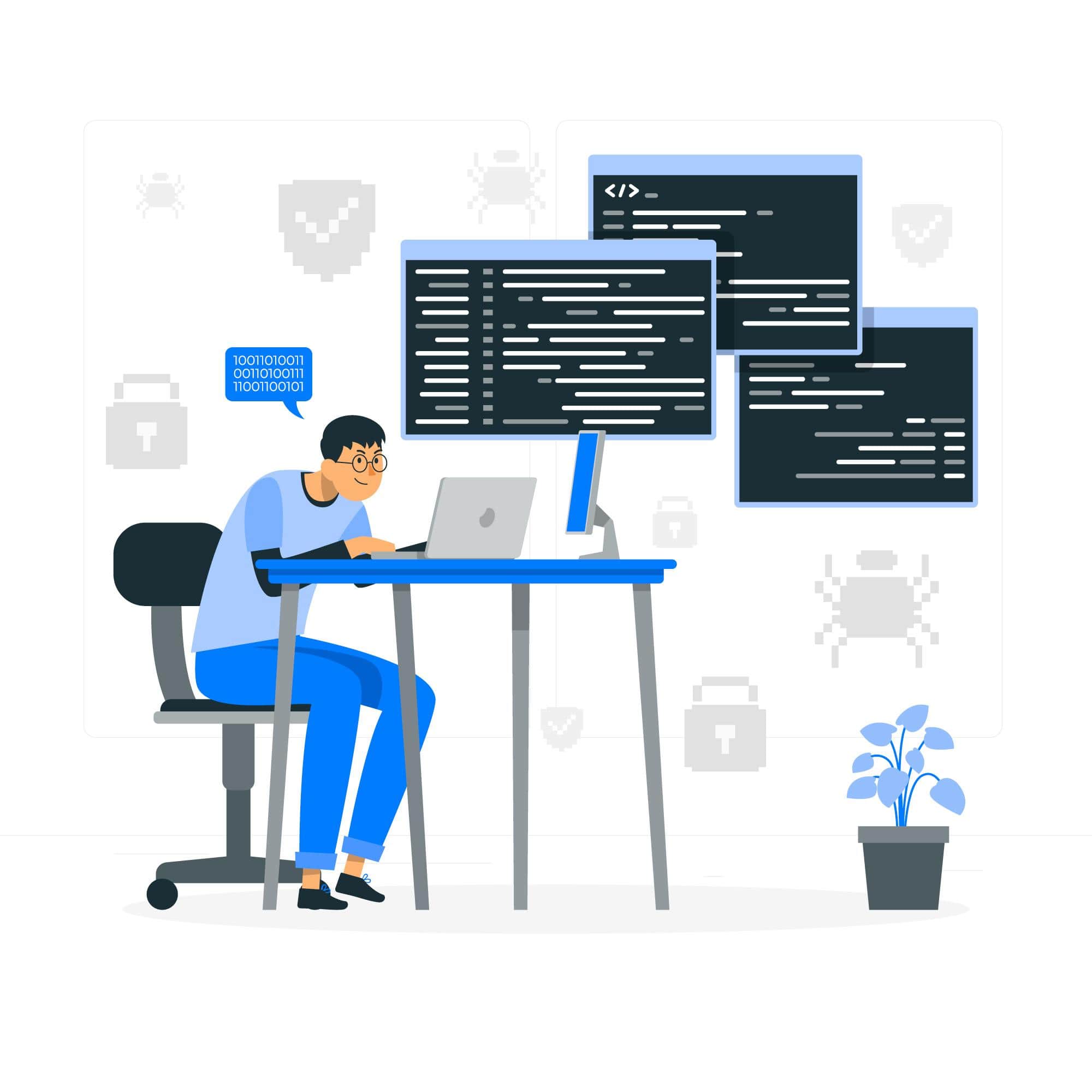
What should I learn before Laravel?
Laravel Course.
Laravel is a popular PHP development framework for one simple reason - it provides everything PHP developers need to get their projects up and running quickly. Laravel focuses on the end user and ensures that every project benefits from simplicity, clarity and the idea of "getting things done". This makes it much easier to create database-driven PHP applications.
Requirements for Laravel
Laravel can be installed on most servers or you can create your own virtual machine. The basic server requirements are:
- PHP 7.2
- Local PHP environment (Valet, Homestead, Vagrant, MAMP, etc.).
- Database (preferably MySQL)
If you want to create a local environment for PHP on your Mac, Valet will create it automatically. If you are using Windows, you should consider configuring it on Homestead or one of the virtual machines. Laravel Homestead is an official pre-packaged Vagrant box that provides a stable development environment without the need to install a web server or PHP on your local machine.
Tips for learning Laravel
Here we will discuss the tips that you can follow while learning Laravel.
Using the Laravel Homestead environment
Instead of XAMPP, MAMP or any other environment, it is better to use Laravel's Homestead environment. The Homestead environment is a virtual machine with many ready-made products and is very similar to a production environment.
Some customization is required, which can be tedious at first, but well worth it. Once you learn to use it, it's easy. You can also learn something about the CLI (command line interface) which is useful if you're going to use a VPS or dedicated server, GitHub, etc.
Find an updated course
It is very important to keep the instructor of the Laravel course you are taking up to date. For example, if the course uses version 5.6 of Laravel and the instructor hasn't updated it, some things may be out of date or not in line with the latest version.
What works for the instructor may not work for you. That's why you spend time debugging and discovering the changes. You won't be able to master the new features. Each version of Laravel introduces many new and useful features.
The course should include best practices
To make things easier and faster (especially for them), most if not all instructors will show you best practices, especially for design patterns - where business logic comes in.
They give logic for either routes, which is the fastest but worst path, or for controls. The latter method is acceptable and permissible. It's also better to learn things incrementally, without bogging yourself down with complex tasks at the outset.
Watch the daily lectures
Try to watch the course lectures every day, otherwise you will start forgetting and this will slow you down. So you will need even more time to learn Laravel. Test the code on your own website, complain and fix bugs. You'll learn better and faster.
Learning and applying best practices
This takes time and can be frustrating, but it's essential if you want to succeed as a web developer. Remember, there is no perfect way. If you do your research, you will find that there are many different opinions on everything. Web developers rarely agree on anything. But if you do a lot of research, you will find what most people agree on.
Check out the Laravel documentation and other resources
Once you've completed the course and started your first real-world project, look for ways to improve it. Read the Laravel documentation and look at different things like security, performance, best practices, etc.
I usually take my tablet to bed before bed and research what Laravel has to offer, how I can improve my code, etc. You'll end up doing a lot of things differently on a hands-on project than on a Laravel course.
Learn in an environment free of distractions
It is very important that you are free from distractions. No phone, no Facebook, no cat jumping on the keyboard, no nothing. Just you, alone in a quiet room with your educational or practical project. If you are constantly distracted, it is difficult to absorb information.

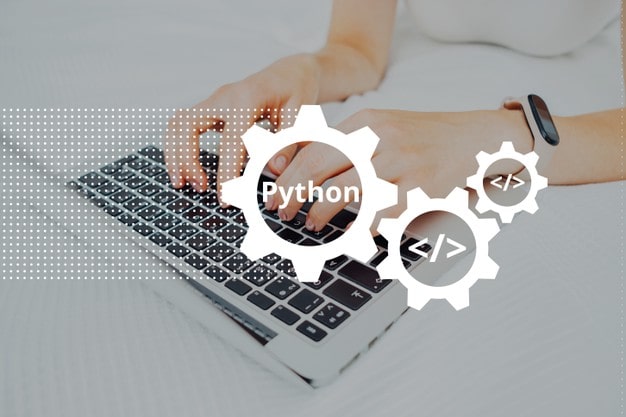


.jpg)

